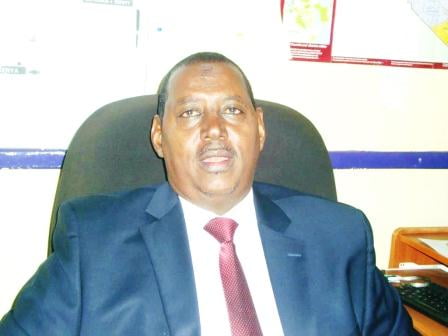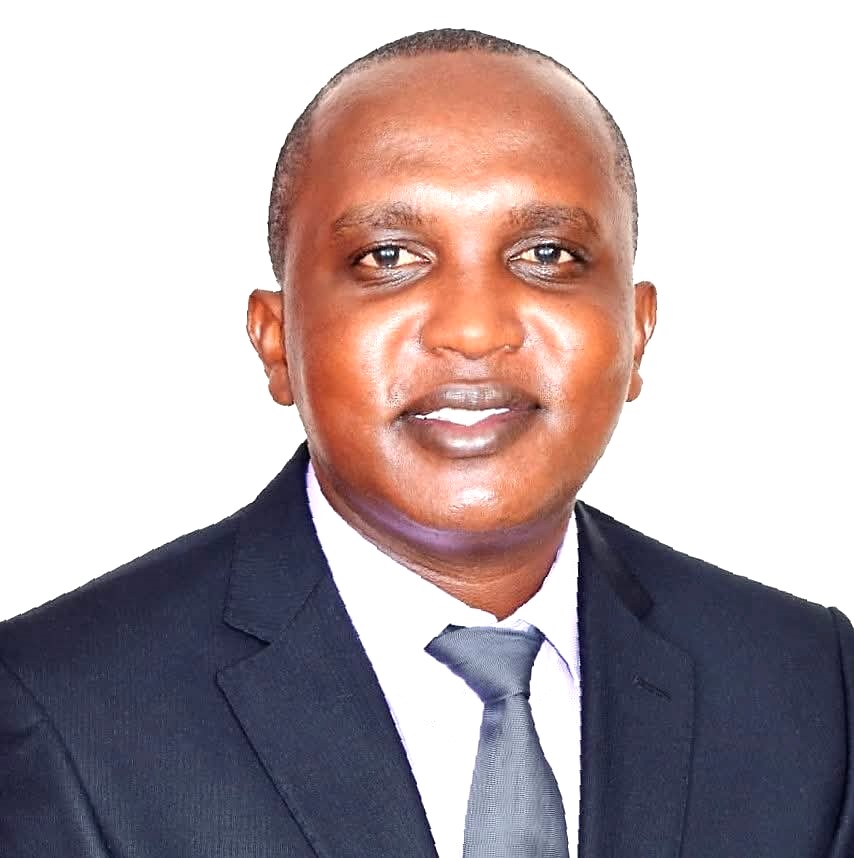The Teachers Service Commission (TSC) has redefined its leadership model through the October 2025 teachers’ promotion exercise, signalling a shift toward inclusion, equity, and democratized access to opportunity within Kenya’s education workforce.
For the first time in the Commission’s history, the entire Staffing Department at TSC headquarters participated in field interviews. This move broke long-standing bureaucratic patterns and ushered in what former TSC Regional Director Ibrahim Hish Adan calls “a culture of collective participation and human-centred leadership.”
Traditionally, field interviews were the preserve of decentralised field staff and a handful of senior officials from headquarters.
This old system, Adan points out, “created an insular knowledge ecosystem that benefited only a privileged few.”
By contrast, the new approach dismantled hierarchical barriers, extending participation to clerical officers, secretaries, and junior staff.
“Leadership equity is not about who sits at the table, but about ensuring everyone has a voice that counts,” said Adan, praising the Commission’s inclusive direction.
The decision to deploy support staff into the field embodies practical inclusion. By offering per diem allowances and hands-on experience to lower cadres, the TSC demonstrated that every employee—regardless of rank or title—has a meaningful role in advancing the Commission’s mission.
“When opportunity flows downwards, morale rises upwards,” Adan remarked, highlighting how the democratisation of field roles builds shared commitment and motivation.
READ ALSO:
The new model also boosts multi-skilled capacity building. and institutional learning. Staff now gain firsthand exposure to interview processes, cultivating a broader understanding of staffing, policy, and human resource dynamics.
This, Adan observed, transforms passive administrators into proactive contributors.
“Field exposure doesn’t just teach staff how to conduct interviews—it teaches them how the organisation breathes,” he explained.
Beyond individual development, the initiative also strengthens succession planning and continuity. By spreading core operational knowledge across multiple levels, the Commission reduces dependency on a narrow tier of senior officers and prevents knowledge attrition.
“Succession planning is not just about replacing leaders; it’s about reproducing institutional memory across generations,” said Adan.
The ripple effect, he noted, has been an uptick in staff morale, inter-departmental collaboration, and loyalty. Employees who feel seen and valued become more invested in the organisation’s long-term goals.
“When people feel the system sees them, they start seeing themselves as part of the system,” he added.
This inclusive leadership structure, Adan believes, is more than an administrative milestone—it is a philosophical shift in how leadership is practised at the TSC.
“Innovation in leadership doesn’t always come from grand reforms,” he emphasised. “It comes from simple acts of inclusion that touch human hearts and reaffirm dignity in work.”
By giving all cadres a stake in a key national process, the Teachers Service Commission has set a precedent for transformative leadership in public institutions—proving that sustainable reform begins with trust, empathy, and inclusion.
By Joseph Mambili
You can also follow our social media pages on Twitter: Education News KE and Facebook: Education News Newspaper for timely updates.
>>> Click here to stay up-to-date with trending regional stories
>>> Click here to read more informed opinions on the country’s education landscape
>>> Click here to stay ahead with the latest national news.






